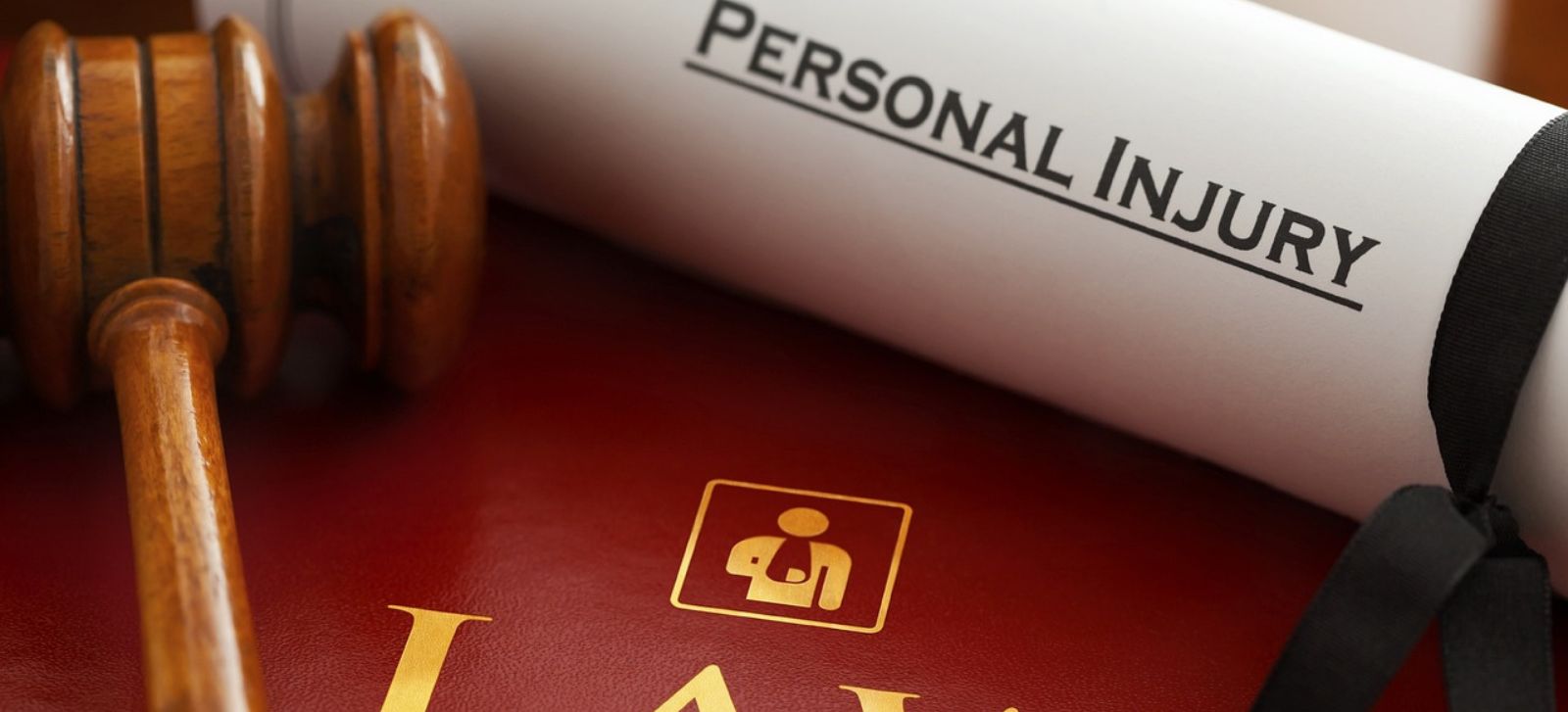What to Do After a Bicycle Accident to Get The Compensation You Deserve

You never expect it to happen to you, but when you’re involved in a bicycle accident, the aftermath can be a lot to handle. Suddenly, you’re dealing with injuries, medical bills, and a lot of uncertainty about what to do next.
The steps you take right after the accident can make a big difference in getting the compensation you need to recover. From getting medical help to gathering evidence and talking to a lawyer, it’s important to know what to do to protect yourself and your rights.
Here are 10 things you should do after a bicycle accident:
1. Check for Injuries
Immediately after the accident, take a moment to assess your physical condition. Look for signs of serious injury, such as head injuries, concussion, or internal injuries. Even if you only have a bit of road rash or feel minor pain, it’s important to monitor your symptoms in the days after the accident, as some injuries may not be apparent right away.
2. Call for Help
If you or anyone else involved in the accident is seriously injured, call 911 immediately. Even if the injuries seem minor, it’s a good idea to seek medical attention, whether at the ER or an urgent care facility. This not only ensures your well-being but also provides documentation of your injuries for any future insurance claim or legal action.
3. Wait for the Police
Assume the police have been called and wait for them to arrive at the scene of the accident. They will create an official accident report, which can be valuable evidence in your case. Provide a clear, honest account of what happened, but avoid admitting fault or apologizing, as anything you say can be used against you later.
4. Gather Information
If you’re able, collect the names and contact information of any witnesses to the accident. Get the driver’s license number, insurance information, and contact details if a motorist was involved. Take pictures of the accident scene, including damage to your bike, the vehicle (if applicable), and any visible injuries you sustained.
5. Preserve Evidence
Leave your bike and any damaged equipment as-is until you’ve documented the extent of the damage through photos. If you need to move your bike for safety reasons, try to take pictures beforehand. Keep any torn clothing or damaged personal items, as these can also serve as proof that you were injured in the accident.
6. Seek Medical Attention
Even if you don’t think you’re seriously injured, it’s crucial to get a professional medical evaluation as soon as possible after the accident. Some injuries, like concussions or internal injuries, may not be immediately apparent. A medical record documenting your injuries will be essential for any insurance claim or legal case.
7. Contact Your Insurance Company
Notify your insurance company about the accident as soon as possible, especially if you have personal injury protection coverage on your policy. Be honest and accurate in your description of the accident, but stick to the facts and avoid admitting fault or speculating about what happened.
8. Keep a Record
In the days following the accident, keep a journal documenting your injuries, medical treatments, and any related expenses. This can include doctor’s visits, medication costs, therapy sessions, and even transportation to and from appointments. Also, note any time you miss work due to your injuries.
9. Be Cautious with Insurance Companies
If the motorist’s insurance company contacts you, be cautious about providing a recorded statement or signing any documents without consulting a lawyer first. Remember that the insurance company’s goal is to minimize their payout, and they may try to use your words against you.
10. Consult a Bicycle Accident Attorney
Consider contacting a personal injury attorney who specializes in bicycle accident cases. They can help you navigate the legal process, communicate with insurance companies, and fight for the compensation you deserve. Many attorneys offer free initial consultations and work on a contingency basis, meaning they only get paid if you win your case.
Remember, no matter how minor your bicycle accident may seem, it’s essential to take it seriously and follow these steps to protect your rights. By documenting the accident, seeking medical attention, and consulting with a lawyer, you’ll be in the best position to recover from your injuries and get back on the bike as soon as possible.
Take the Next Step: Contact Purely Legal Today
After a bicycle accident, you’re bruised in more ways than one. At Purely Legal, our mission is to help you get back on your feet. It only takes one call with our team to get the aggressive representation you need to secure compensation.
Don’t settle for the insurance company’s first offer. With 100% personal injury-focused law practices and offices in Florida, Maryland, DC, and Georgia, we can often help you secure 2-5 times their original offer.
Contact us today for a free consultation, and let us put our skills and dedication to work for you.
